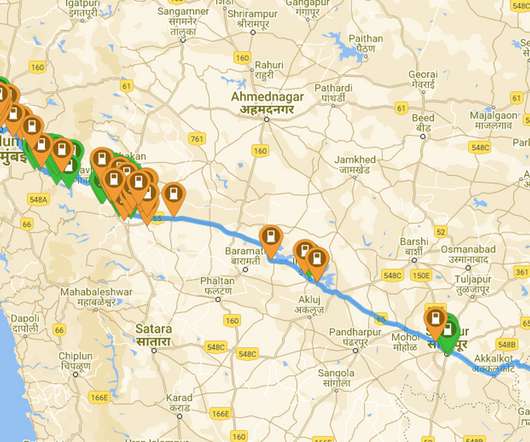Poor air quality to remain a problem in India despite pollution control policies
Green Car Congress
APRIL 1, 2019
in 2030 even if India were to comply with its existing pollution control policies and regulations. The study shows that only about 833 million citizens (about half of India’s estimated population in 2030) would be living in areas that meet India’s National Ambient Air Quality Standards (NAAQS) in 2030.












Let's personalize your content